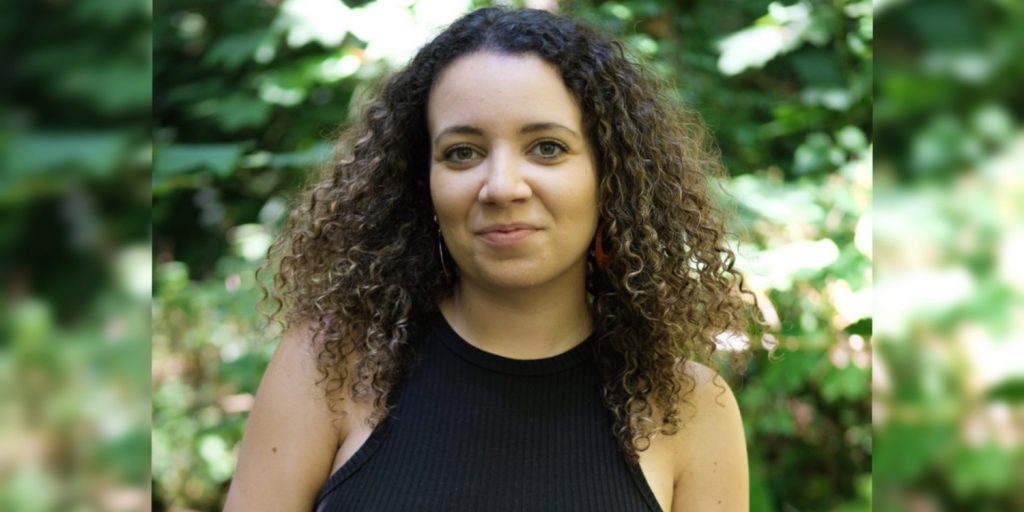A local writer is building a creative writing course to improve diversity, accessibility, and wellbeing in the Welsh cultural sector

Writer and poet Taylor Edmonds from Barry is building Writing for Joy, a course she has designed to use creative writing to help people improve their wellbeing.
The course is available to individuals and community groups either online or in-person. Edmonds hopes to show people how they can live better through creativity and help under-represented people craft a creative voice.
She believes in the power of writing to help self-expression, allowing people to share their stories. Edmonds says this is key to inclusion across diverse groups. “Writing for Joy has an ethos at its heart to make creative writing as accessible as possible. I want to combat the barriers that people face in expressing themselves creatively,” she said.
It seems Welsh creative businesses are more focussed on profit than diversity. A survey by Creative Wales shows 54% of businesses aspired to increase profitability this year. However, only 11% aimed to diversify their workforce.
Edmonds said: “There’s still lots to be done to make things more accessible.” Although she believes creative events and spaces are doing more to improve accessibility than when she was starting out.

Funding for Edmond’s project comes from the Arts Council of Wales’ Creative Steps fund, which supports individuals and organisations who struggle to access funding to work in the arts. Artists identifying as ethnically and culturally diverse, as Deaf, disabled and/or neurodivergent can apply for help with their careers.
Research fellow in journalism innovation and inclusion, Shirish Kulkarni, said homogenous creative organisations must change. He believes they need to ask themselves: “Are we convinced this is an inclusive, welcoming place where people can bring their whole selves to work?”
Kulkarni explains that the move towards full diversity in the creative industry, and across the board, is “a very slow process.” But projects like Edmond’s are undoubtedly a step in the right direction.
Psychological benefits of creative writing:
- Aids mental clarity
- Increases self-esteem
- Improves attention span
- Expresses feelings
- Strengthens memory
Source: University of Bolton
